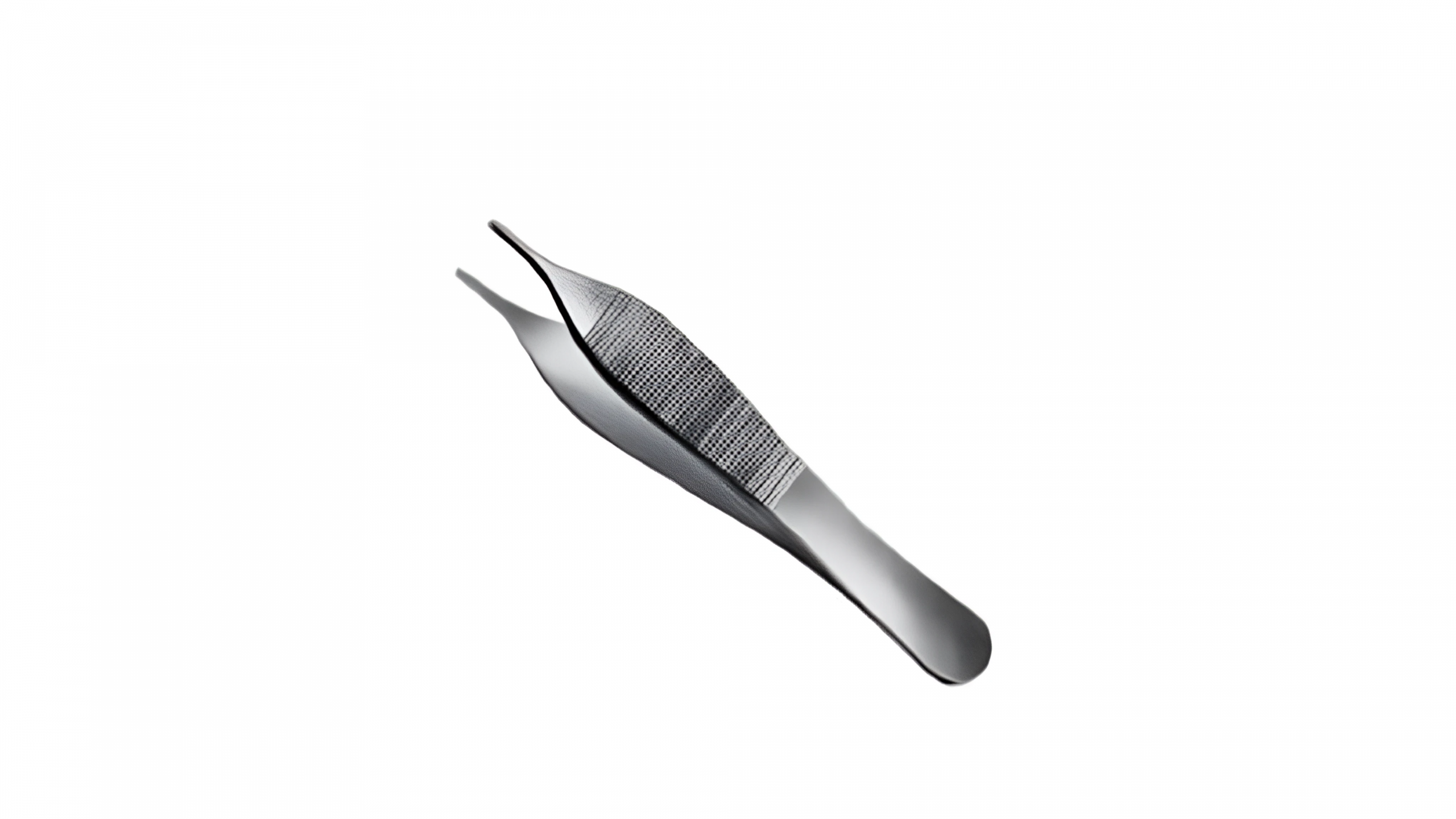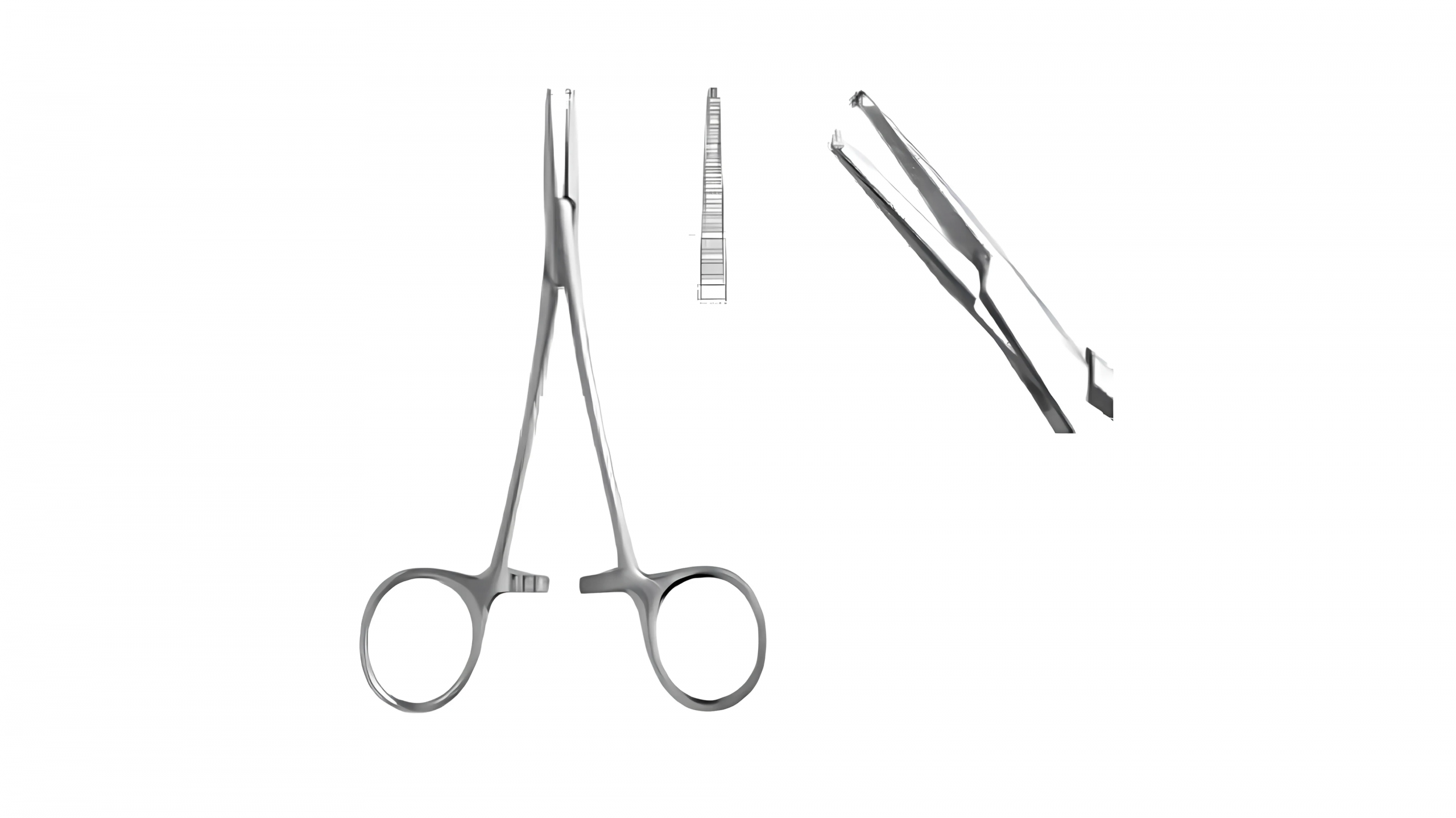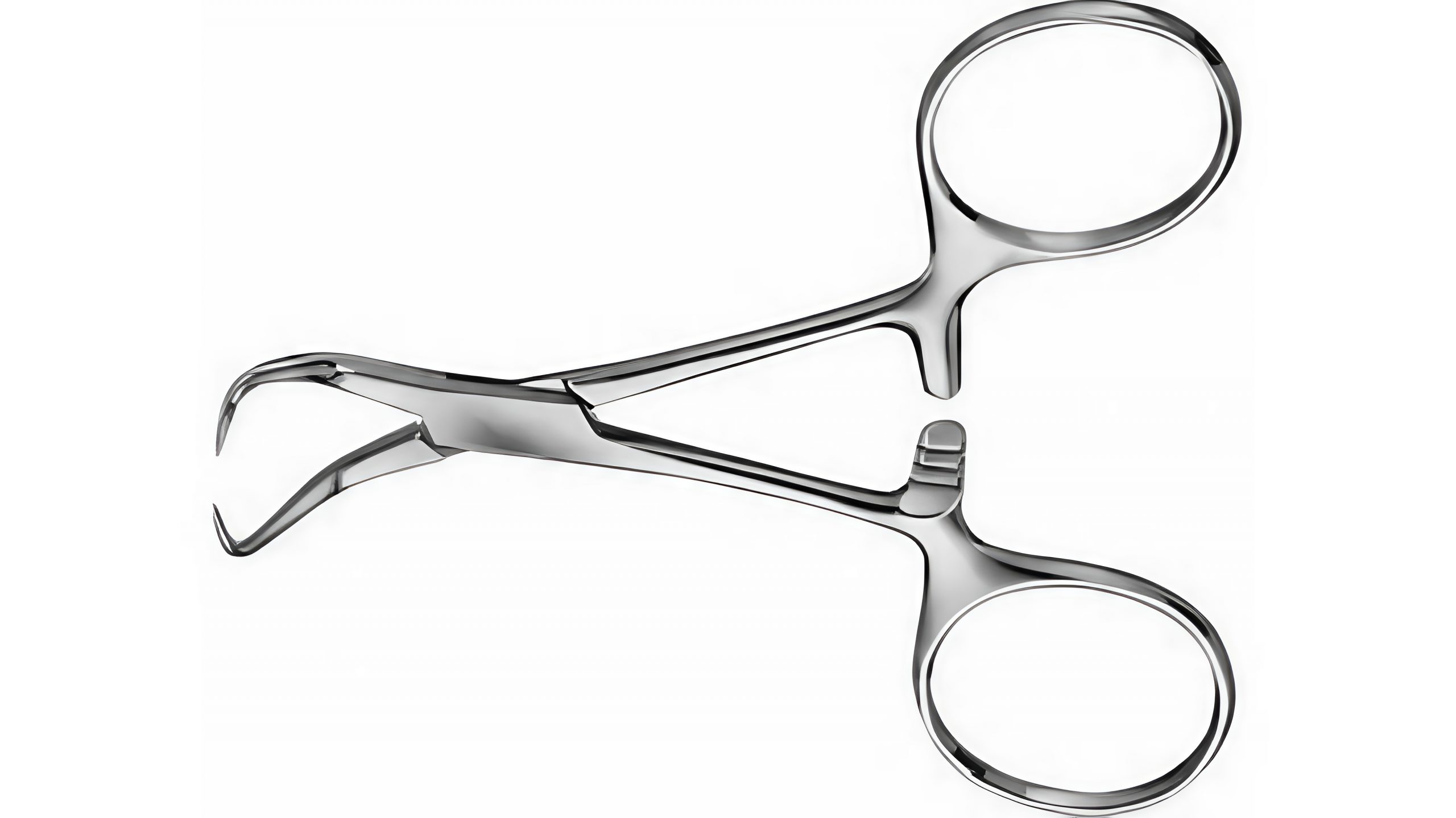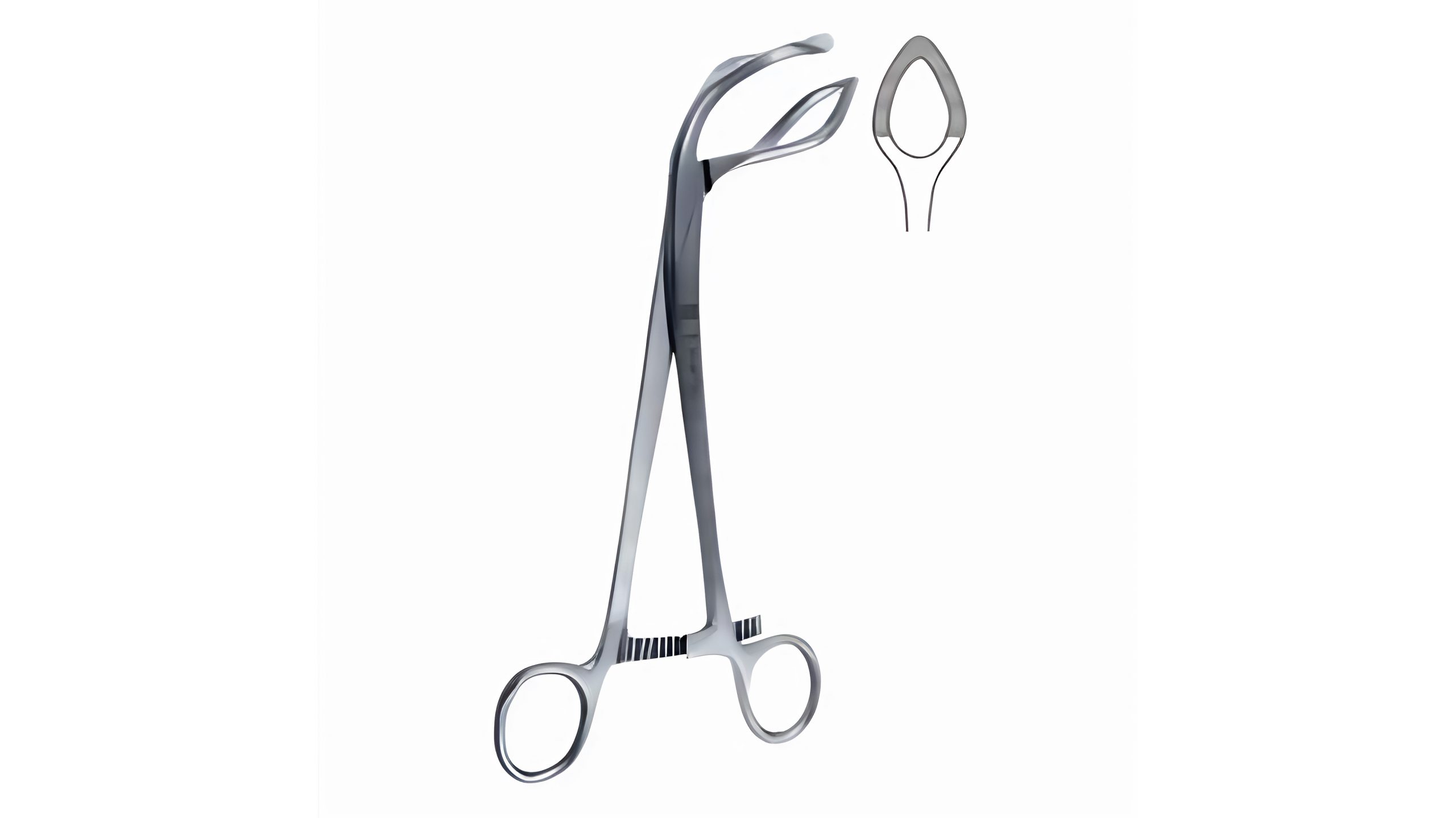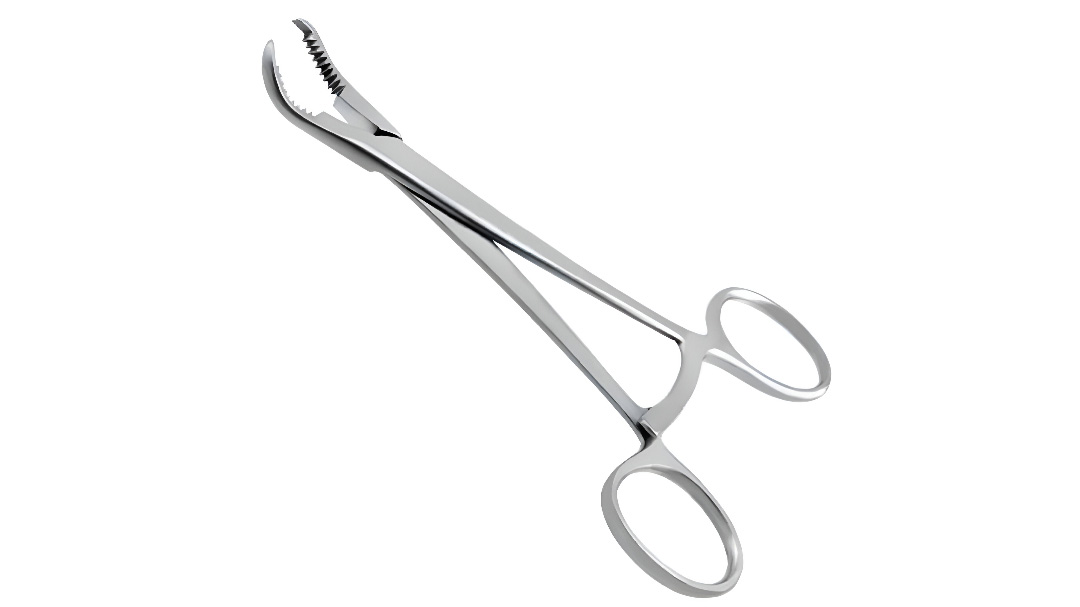When you think of the accuracy of contemporary surgery, cutting instruments such as scalpels are usually the first to come to mind. But in the soft background of every sensitive procedure, another instrument takes on a similar level of importance—forceps. Needed for gripping, holding, manipulating, and removing, forceps are the behind-the-scenes heroes of the operating room. At Rhein Group, we know that designing the ideal forceps instrument requires perfecting balance, power, and precision.
In this guide, we discuss the various types, applications, innovations, and major facts regarding forceps by Rhein Group—demonstrating why they are relied on by surgical teams, dentists, gynecologists, and laboratory professionals across the globe.


